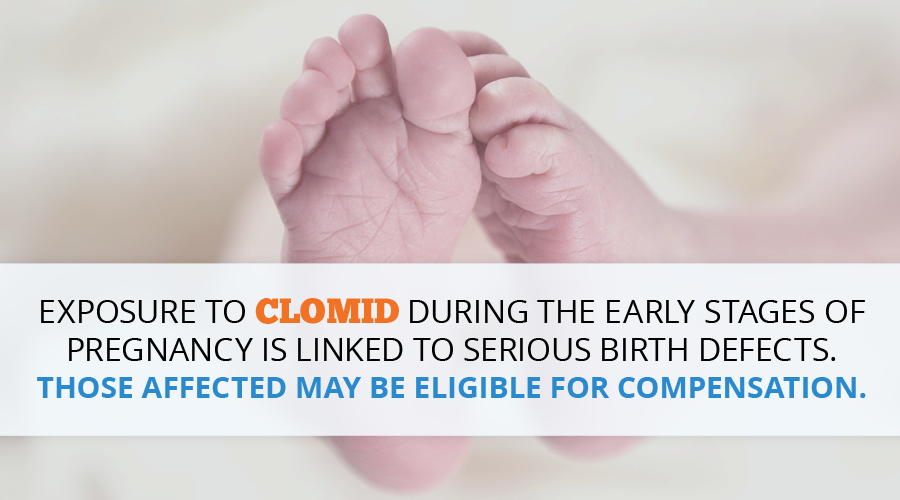Reasons Clomid Users Are Filing Lawsuits
Clomid birth defect lawsuits may allege:
- Sanofi-Aventis manufactured a defective and unreasonably dangerous fertility drug.
- The drug maker knew about the potential for Clomid to cause birth defects in babies.
- The drug maker failed to provide adequate warnings about this birth defect risk.
- The drug maker marketed Clomid as a safe and effective fertility treatment for women who wish to become pregnant.
- The drug maker overstated the benefits of Clomid and downplayed its risks.
- The drug maker failed to warn that the risk of birth defects may outweigh the drugs fertility benefits.


